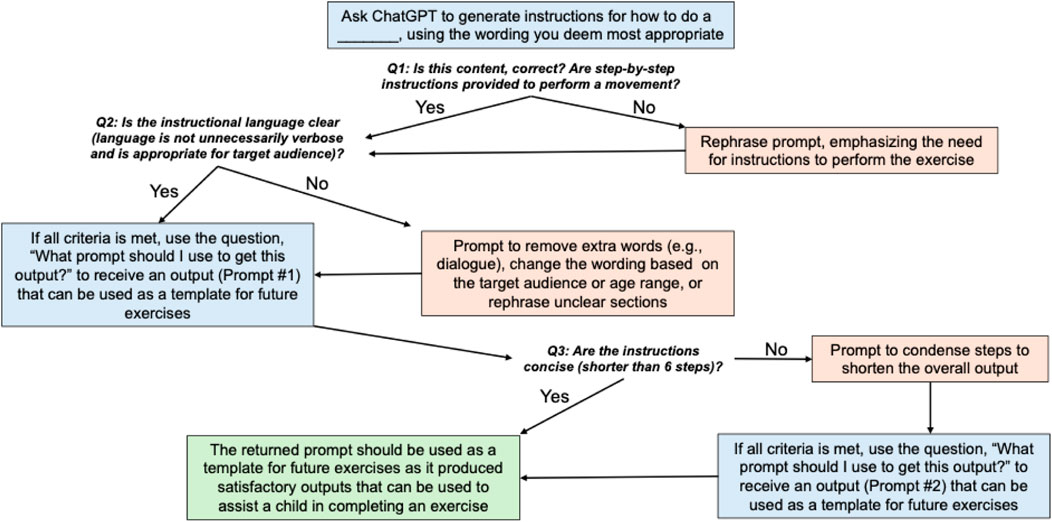20025-04-14 マウントサイナイ医療システム(MSHS)
<関連情報>
- https://www.mountsinai.org/about/newsroom/2025/study-reveals-how-inherited-genes-help-shape-the-course-of-cancer
- https://www.cell.com/cell/fulltext/S0092-8674(25)00344-7
プレシジョン・プロテオゲノミクスが生殖細胞系列変異の汎癌への影響を明らかにする Precision proteogenomics reveals pan-cancer impact of germline variants
Fernanda Martins Rodrigues ∙ Nadezhda V. Terekhanova ∙ Kathleen J. Imbach ∙ … ∙ Eduard Porta-Pardo ∙ Li Ding ∙ Clinical Proteomic Tumor Analysis Consortium
Cell Published:April 14, 2025
DOI:https://doi.org/10.1016/j.cell.2025.03.026
Graphical abstract

Highlights
- Precision peptidomics reveals germline variants’ impact on cancer patient’s proteomes
- Germline variants impact PTMs and protein stability and have allele-specific effects
- QTL analyses reveal genes and proteins under germline genetic control in cancer patients
- PRSs reveal cumulative impact of common germline variants on cancer proteomes
Summary
We investigate the impact of germline variants on cancer patients’ proteomes, encompassing 1,064 individuals across 10 cancer types. We introduced an approach, “precision peptidomics,” mapping 337,469 coding germline variants onto peptides from patients’ mass spectrometry data, revealing their potential impact on post-translational modifications, protein stability, allele-specific expression, and protein structure by leveraging the relevant protein databases. We identified rare pathogenic and common germline variants in cancer genes potentially affecting proteomic features, including variants altering protein abundance and structure and variants in kinases (ERBB2 and MAP2K2) impacting phosphorylation. Precision peptidome analysis predicted destabilizing events in signal-regulatory protein alpha (SIRPA) and glial fibrillary acid protein (GFAP), relevant to immunomodulation and glioblastoma diagnostics, respectively. Genome-wide association studies identified quantitative trait loci for gene expression and protein levels, spanning millions of SNPs and thousands of proteins. Polygenic risk scores correlated with distal effects from risk variants. Our findings emphasize the contribution of germline genetics to cancer heterogeneity and high-throughput precision peptidomics.


